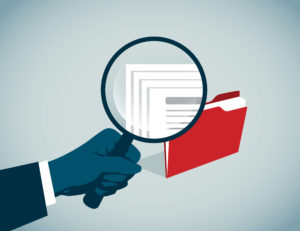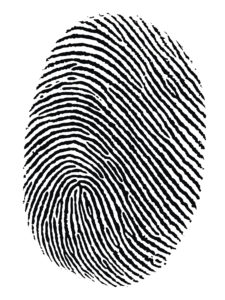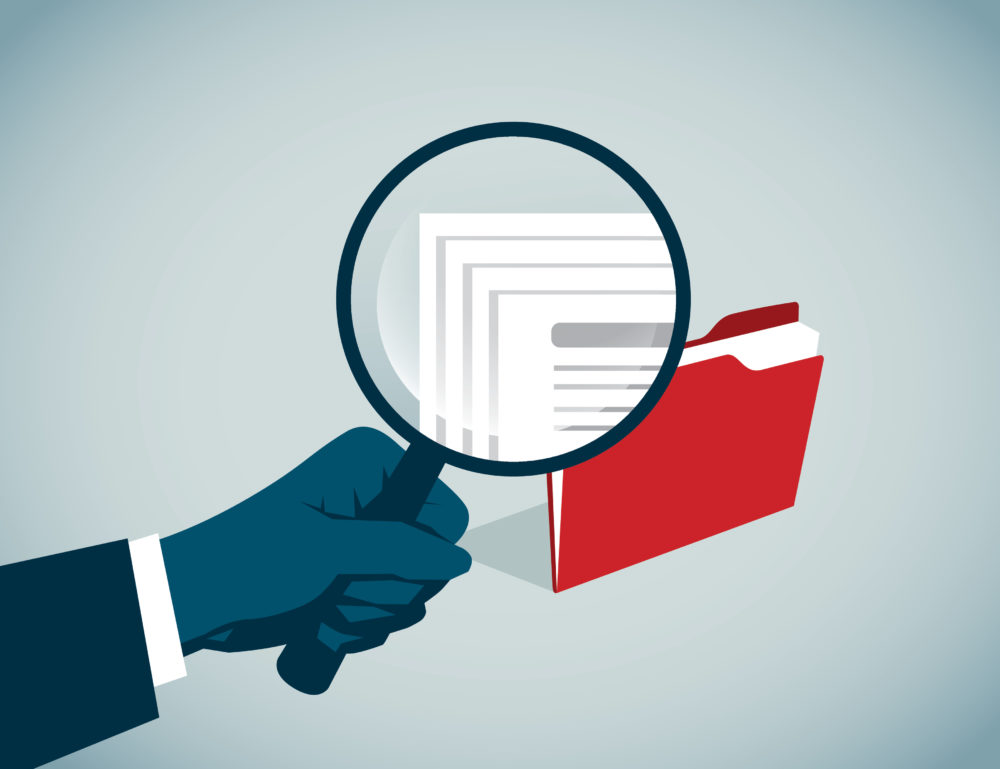Record, Retain & Reveal: How Discovery Works in the U.K. System
07.27.17 By Dr. Andy Griffiths
My previous blog posts for the Innocence Project have focused on comparing the ways in which people suspected of committing crimes are interrogated by the police in the U.K. versus by the police in the U.S. In those posts, I argued that the new interrogation practices adopted in the U.K. have unquestionably improved a core part of the nation’s investigative process, making the system much less prone to producing miscarriages of justice through false confessions, but no less effective in convicting the guilty. Transforming the way in which criminal suspects are questioned, however, is simply one of a number of changes made across the entire investigative and pre-trial processes in the U.K., which, taken together, have produced a more balanced and transparent system of justice. This blog post will discuss another U.K.-based investigation reform—one that obligates the police to reveal all information gathered during their investigation through a three-step process that focuses on recording, retaining and revealing information—the nearest equivalent to “open file discovery.”
 Just as with the changes to interrogation, the Criminal Procedure and Investigations Act (CPIA, 1996) was introduced after a review of the way in which the police compiled and recorded information during investigations, because of complaints that the police were acting improperly in withholding—or even concealing—information gathered during investigations, that did not support the case presented against the accused. The act was accompanied by a code of practice that spelled out the responsibilities for police officers and prosecuting authorities.
Just as with the changes to interrogation, the Criminal Procedure and Investigations Act (CPIA, 1996) was introduced after a review of the way in which the police compiled and recorded information during investigations, because of complaints that the police were acting improperly in withholding—or even concealing—information gathered during investigations, that did not support the case presented against the accused. The act was accompanied by a code of practice that spelled out the responsibilities for police officers and prosecuting authorities.
For the first time, this legislation placed strict duties on investigators to record, retain and then reveal all relevant material gathered during an investigation. Specifically, the rules stated that this included “material that pointed both towards or away from the suspect under investigation.” This change was made to prevent the police from suppressing evidence that did not support their case. It also meant the police had to follow up on inquiries that might exonerate a suspect before trial.
The best way to explain how the rules work is through using an example. I’m going to describe how that might apply in the case of a suspect being charged with assault following a bar fight in which a man’s nose got broken.

Record and Retain
All police officers involved in an investigation have to keep all material including photographs, video or written material. The officer in charge of the investigation is responsible for making sure this is done and that all reasonable lines of inquiry are followed, whether the resulting evidence favors prosecution or defense.
In the bar fight example, officers attending would be required to ask those present for their names and addresses and to record a brief summary of what each person saw. Therefore, if some witnesses said that the alleged suspect was acting in self-defense, after provocation from the alleged victim, this would be recorded as well as the evidence of witnesses who said that the suspect viciously assaulted the victim. All the officers would submit copies of their notes to the officer putting the prosecution file together.
Reveal
Once a suspect is charged, the main prosecution file containing all the evidence the prosecution intends to rely on will be submitted to the prosecutors within a set period, accompanied by a separate file that contains any information that undermines the case or assists the defense, and a third docket with material that does not fit either category.
The prosecutor will disclose the first two files to the defense. The defense should then, if they intend to contest the charge, submit a statement outlining their intended defense. After this, the third file has to be checked to see if any of that material is now relevant.
In our example, the first file would contain the statement of the victim, photographs of the injuries and statements from witnesses who say that the suspect is responsible. The second file would contain the statements from the witnesses who say it was self-defense plus the criminal history of the victim, which included several arrests for violence.
These rules mean that something as straightforward as a witness who provides evidence that contradicts the charge must be disclosed at an early stage, as in the David MacCallum case. In that case, a detective showed MacCallum’s picture to a witness who said that he was not the person she saw on the day of the crime. However, this information was suppressed and only discovered during a re-investigation. That information clearly undermined the police case.
So, in simple terms, this is how the system has worked the U.K., for over 20 years. Every officer knows their responsibility and is trained. Provision of unused material to the defense is accepted and, while not without its problems, means that prosecution and defense are equally informed for any trial.
Leave a Reply
Thank you for visiting us. You can learn more about how we consider cases here. Please avoid sharing any personal information in the comments below and join us in making this a hate-speech free and safe space for everyone.
August 6, 2017 at 12:13 am
August 4, 2017 at 6:00 am
There is a definitive need to regulate the process of how police or sheriffs gather information. They are under the incentive to score a win to incriminate an individual or more. It seems more than ever before that they have developed a culture where the prosecution is overly informed while the defense is under investigated or informed about the facts of the case and tend to neglect anything that would cost the prosecution’s case to down the drain and the main reason is the incentive driven profit that the courts or county jails make in security bail bonds or whatever term is used such as ransom. This form of organized criminal activity is not commonly suspect and the culprits are often not held accountable. This drives the incompetency of law enforcement into securing the suspect to be charged from weak suspicions and no tangible evidence or planted or doctored narratives of evidence.

The quality of justice is eroded by contemptuous overzealous agents, who place peoples lives at risk for their own self-serving gain, who operate without ethics when they withhold information or evidence that suggests or proves a suspect’s innocence.
Such acts should warrant the criminal inquiry into official conduct that targets victims who are preyed upon by neglectful prosecutors.
I write from an analyst’s perspective who has years worth of investigative readings on the subject matter and multiple direct experiences as a victim of wrongful judicial conduct twice over with the result that my quality of life has been permanently harmed by the malfeasance of law. I have lost trust in the Judicial and law enforcement syndicate. However, a recent experience sheds a little light that hope can still exist where the good people can help to change my perspective.
Officials are not cared to fix the problem of the broken system of justice. I have the human right to be critical of other humans who maliciously damage innocent people’s lives.
I intend to find a solution to this endemic culture of abuse that is sweeping the country in a horrendous way, a serious problem anyone could be susceptible to, one which costs and harms society on many levels that most people do not comprehend. To permit and honor injustice is not a noble cause, neither is it ethical to promote and support the enabling of such human abuse.
They are not acceptable errors that can be dismissed. The more injustice people tolerate, the more they are going to get abused. Contact the author at [email protected] with relevant thoughts only. Thank you for taking the time to read my narrative.